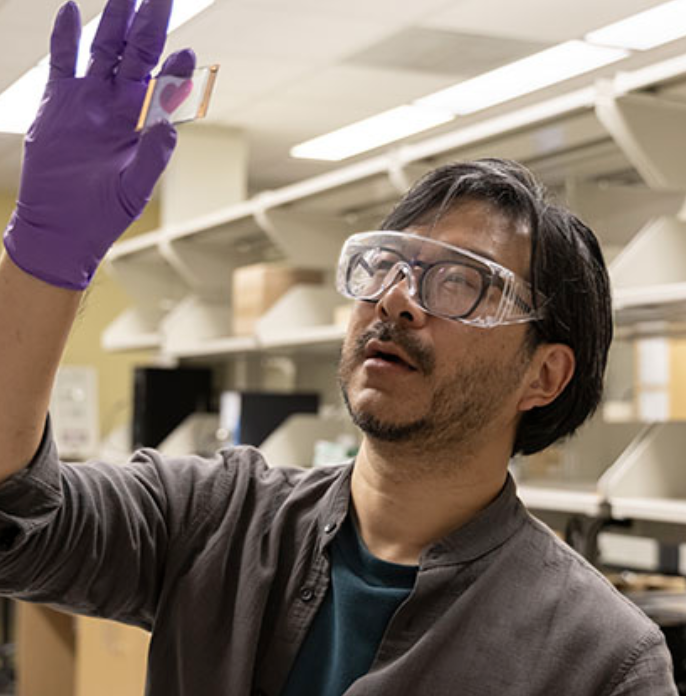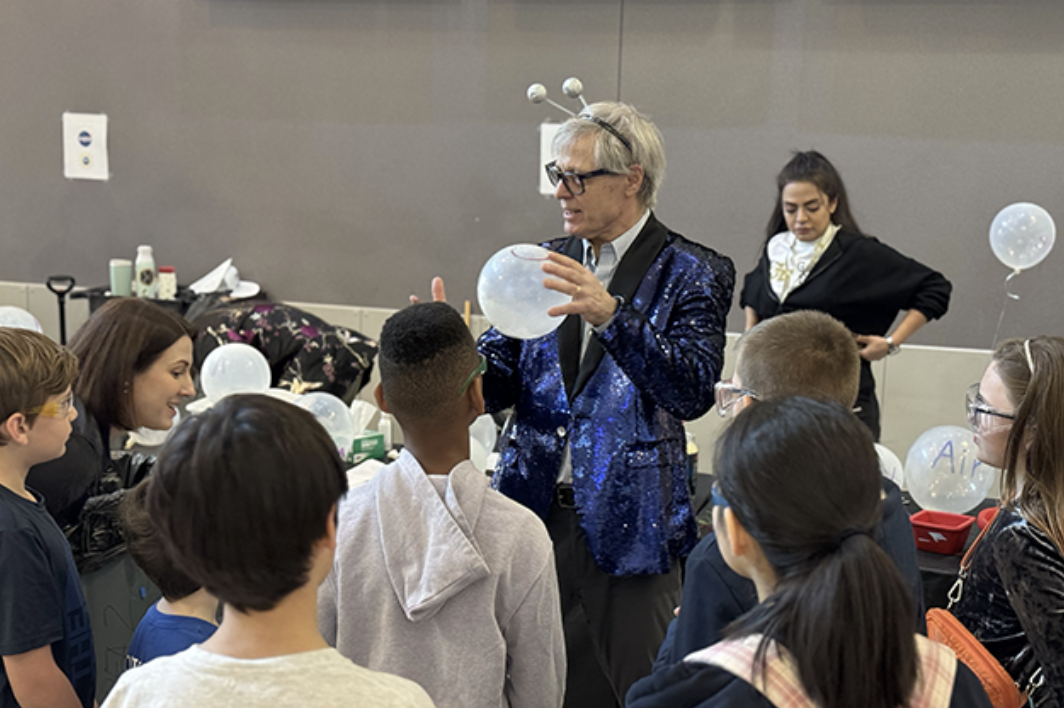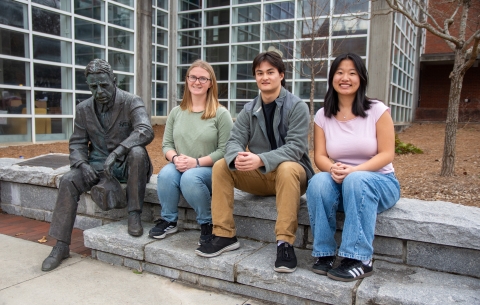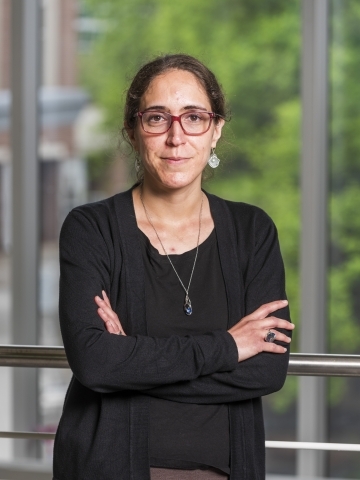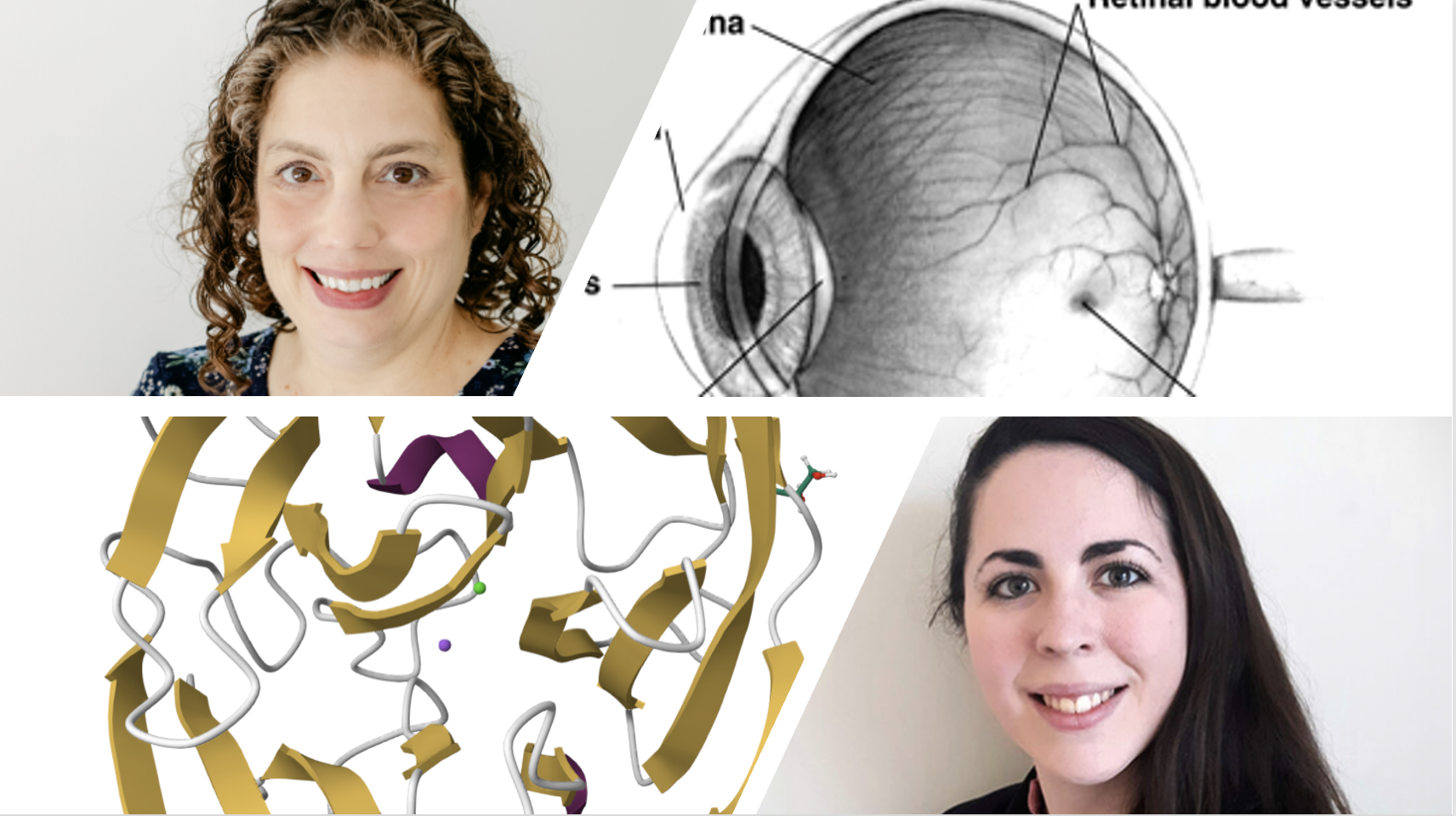
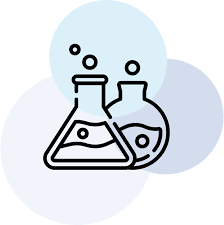 | Research from the School of Chemistry and Biochemistry: February 2026Browse abstracts and journal articles published by Chemistry and Biochemistry faculty in February 2026. |
News
Events
Experts in the news
Research led by Georgia Tech physicist Itamar Kolvin has found that the presence of small imperfections or heterogeneities in materials can have a dual effect on their strength and resilience. While heterogeneities were historically believed to make materials stronger by creating an obstacle course for cracks, the new study shows that in some complex materials, heterogeneities can actually accelerate crack propagation and weaken the overall structure. The findings have implications for how engineers design and reinforce materials to optimize their toughness.
Atlanta TodayRatan Murty, assistant professor in the School of Psychology, discusses a new functional MRI study published in Nature Neuroscience which found that at two months old, babies’ visual systems appear ready to distinguish among a variety of common objects.
Murty says the study’s findings should prompt researchers to reconsider how infants learn to process the world. Cognitive development is often regarded as a bottom-up process, in which “the early visual regions that encode simpler features develop first, and higher-level regions that encode more complex features emerge later.” Instead, brain maturation is “non-hierarchical,” he says, with the more complex visual ventral cortex developing before the lateral occipitotemporal cortex.
The TransmitterAssistant Professor Zhu-Xi Luo and Ph.D. student Yi-Lin Tsao from Georgia Institute of Technology's School of Physics have demonstrated a novel mechanism for stabilising physical phases vulnerable to topological defects. Their work addresses a fundamental problem in condensed matter physics: the destabilisation of phases like superfluids by thermally-induced defects such as anyons and vortices.
Quantum Zeitgeist